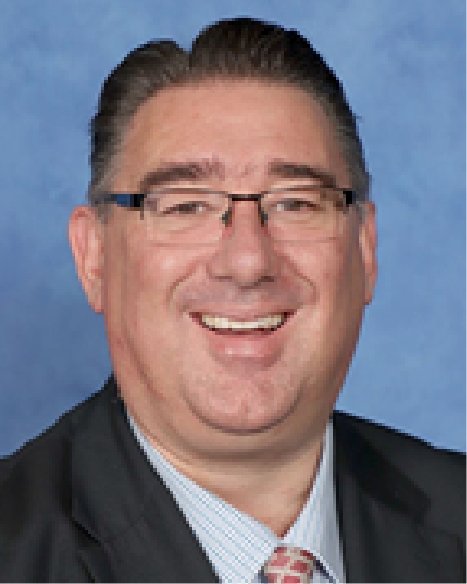Future and Innovation
Publication of the 6th Edition of Learning in Practice: The Barker Institute Journal
Publishing the close-to-practice research that takes place within the Barker community is an important part of the Barker Institute’s role within the school. We are keen to share what has been learnt by experts in education, be those expert classroom practitioners, pastoral care and wellbeing leaders, or school leaders. Learning in Practice is a published conversation in which reflections on practice take place, and professional learning and development benefit.

In early 2022, the Barker Institute published the 2022-2023 Research agenda formalising five broad research domains. In this 2022 edition of the Journal you will find two publications from our Flagship Project: The Barker Journey, as well as articles relating to the domains of Coeducation, Indigenous Education, Character & Enterprise Education, Intercultural Education, and Future & Innovation. We especially invite future articles and collaboration in these areas.
A key benefit to in-school research can be the authentic incorporation of student voice in the stories that are told. As education continues to evolve, many are noticing how student voice as evidence has assumed a greater role in informing practice. Several articles in this edition of Learning in Practice directly address the place of student voice in educational research. The Barker Journey follows a group of Barker students as they make their way through schooling in the 21st century, granting us the privilege of understanding learning, teaching and schooling from the perspective of the learner. Another example is Lucy Pitkin’s article on student reflections on the Garma Festival which provide an informative insight into student responses to learning about and celebrating Yolŋu culture through cultural immersion. In listening to student voice in the context of responses to Garma, Pitkin reveals a student-informed approach to Reconciliation.
There is a great deal to celebrate in this, the sixth edition of Learning in Practice, the journal of the Barker Institute. We are proud of this year’s publication and hope that you will find it both useful and informative.
You can read the 2022 Journal here.

Dr Timothy Scott
Tim has held leadership roles in schools across Australia and abroad for 25 years, alongside teaching History and Modern Languages. His research focuses on intercultural learning and pedagogical translanguaging, refugee education, and student voice in improving educational practice. He is a lead researcher for the Barker Institute’s ongoing decade-long longitudinal study, The Barker Journey. Alongside his research work, Tim currently teaches History and IGCSE Global Perspectives. His PhD examined socio-political influences on contemporary German conceptions of history and archaeology.

Dr Matthew Hill
Dr Matthew Hill is the Director of The Barker Institute with a focus on professional learning, research, and innovation in the school. He teaches Physics and the new Science Extension course at the School which introduces students to scientific academic research. Matthew's doctorate reflects his passion for science education focussing on Representational Fluency amongst physics students at school and university. He has published in leadership, education, and science journals and been involved in course development and teaching at The University of Sydney and The University of Western Sydney. He has also completed a Graduate Diploma in Divinity at Ridley College in Melbourne.







